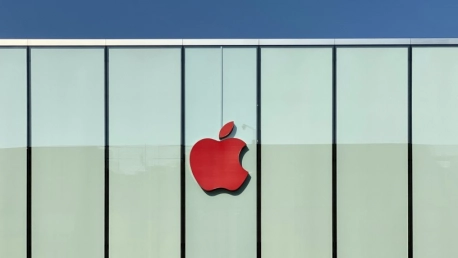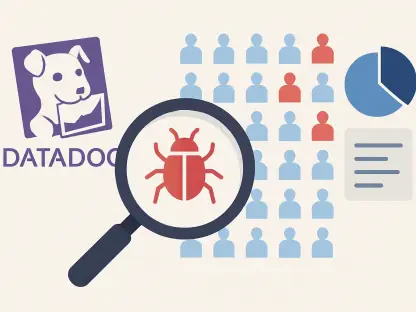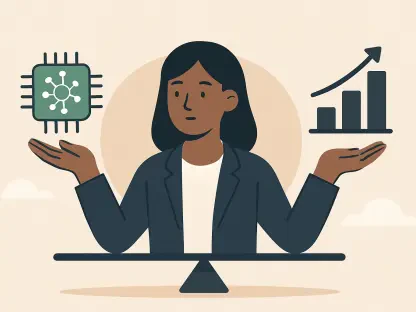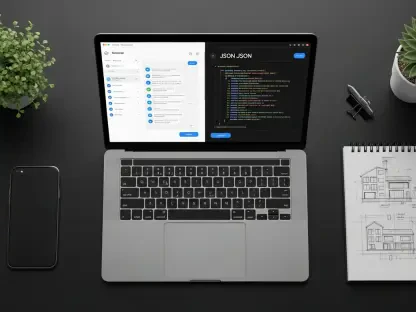Apple is rolling out a major privacy feature that will allow iOS users to decide how they want their personal data treated. Users must now give explicit permission for apps to collect data about their behavior. What do Apple’s new privacy settings mean for consumers and businesses? Let’s find out.
Managing Data Collection
First of all, the move will pose serious problems for companies that collect personal data, such as age, location or items purchased, to sell to advertisers. Many apps allow users to manage or opt-out of data collection, but the options are usually buried deep in settings and privacy policies.
The new feature now available with the iOS 14.5 update will make it much easier to manage and block data collection. Developers now have to ask users via a pop-up alert if they can “track activity”. People who opt out will see fewer personalized ads.
While some gathered data can help users, “some apps have more trackers embedded in them that are taking more data than they need,” Apple conveyed in a YouTube video. “They collect thousands of pieces of information about you to create a digital profile that they sell to others. These third parties use your profile to target you with ads and they can also use it to predict and influence your behaviors and decisions. This has been happening without your knowledge or permission. Your information is for sale. You have become the product.”
What Does This Mean for Developers and Advertisers?
The ad industry has long been gathering data about people’s web browsing behavior in order to serve up ads that users might be interested in—let’s say fashion goods or cars.
Apple’s effort has already hurt some companies that rely on data tracking to target users with personalized advertising. Facebook, which makes almost all of its revenue from advertising, warned investors in August that Apple’s software changes could hurt its business if people start opting out of data collection.
In December, Facebook published advertising articles in The New York Times, Wall Street Journal and Washington Post, voicing objections to how the change will cause “devastating” damage to millions of small businesses that advertise on its platform, many of which are already facing the effects of the pandemic.
“Every business starts with an idea and the ability to share that idea through personalized ads is a ‘game changer’ for small businesses. Limiting the use of personalized ads would eliminate a vital growth engine for businesses,” Facebook representatives said in a blog post in February.
Can Apps Still Collect Data?
Simply put, yes! Data collection is still allowed if it is mentioned clearly in an app’s privacy policy. The changes only affect whether developers share that data with third parties, or mix their data with outside data from third parties, to help target ads. iPhone users can still see ads even if they decline the new pop-up. For example, Facebook can still target ads based on first-party data, such as which groups users join or which posts they like. But if Facebook or any other app wants to target ads based on data from a third-party app, it will need to seek permission.
iOS 14.5 will be compatible with all the devices that support iOS 14. Broadly, this includes all devices between the iPhone 6S and iPhone 12, along with the iPhone SE.
Study: Both iOS and Android Collect Data, Even When Devices Are Idle or After Users Have Opted Out
Google and Apple both collect data from their users on their respective mobile operating systems, even when users are simply browsing the settings page or inserting a SIM card. Android, however, collects 20x more data from users compared to iOS, according to a study from Douglas Leith at Trinity College in Ireland.
Both iOS and Android, the researcher said, transmit telemetry data even when a user hasn’t logged in or has explicitly configured privacy settings to opt out of such collection. Both OSes also send data to Apple and Google when a user does simple things, such as inserting a SIM card or browsing the handset settings screen. Even when idle, each device connects to its back-end server on average every 4.5 minutes.
Google contested the findings, saying that they’re based on faulty methods for measuring the data that’s collected by each operating system. The company also contended that data collection is a core function of any Internet-connected device.
“We identified flaws in the researcher’s methodology for measuring data volume and disagree with the paper’s claims that an Android device shares 20 times more data than an iPhone. According to our research, these findings are off by an order of magnitude, and we shared our methodology concerns with the researcher before publication.
This research largely outlines how smartphones work. Modern cars regularly send basic data about vehicle components, their safety status, and service schedules to car manufacturers, and mobile phones work in very similar ways. This report details those communications, which help ensure that iOS or Android software is up to date, services are working as intended, and that the phone is secure and running efficiently,” a spokesperson said.
Experts estimate the initiative will deliver a major blow to targeted advertising, which is crucial to the business models of publishers such as Facebook, Google, and many news outlets. Although it’s very hard to know right now how iOS users will react and how much advertisers will be affected, one thing is sure: Apple is changing how digital ads work and the entire industry must adapt to the new rules.









